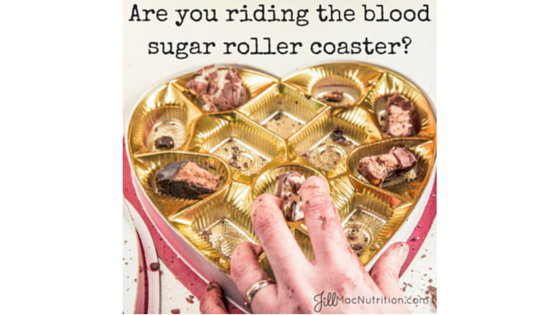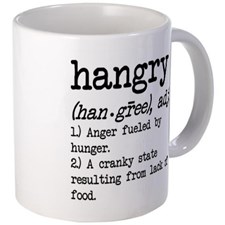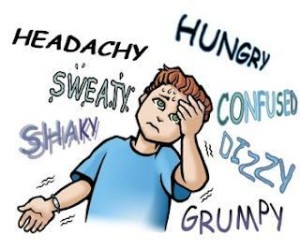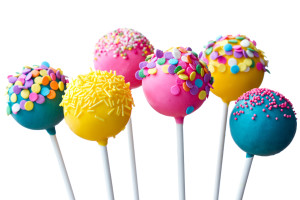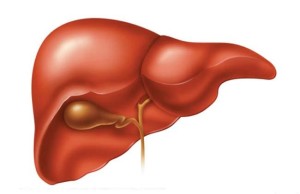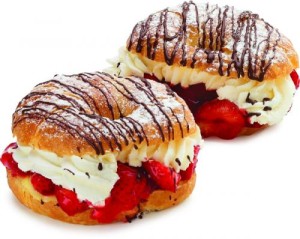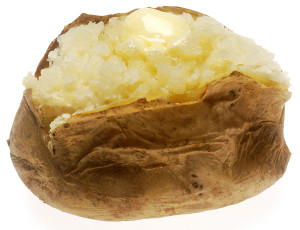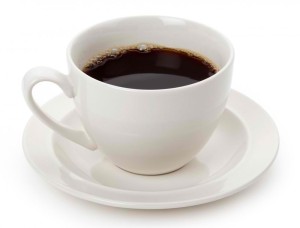Do you rely on coffee and/or sugar in the afternoon to keep you going?
Have headaches if you miss a meal or wait too long between meals to eat again?
Do you find yourself binge eating?
Do you get hangry?
You may be experiencing a type of blood sugar dysregulation known as hypoglycemia – or low blood sugar.
So what are the signs and symptoms of hypoglycemia?
- Craving sweets
- Binge eating
- Waking up during the night & having a hard time falling back to sleep
- Excessive appetite
- Craving coffee and/or sugar in the afternoon
- Tired in the afternoon
- Fatigue that is relieved by eating
- Headache if meals are skipped or delayed
- Irritable before eating
- Shaky if meals are delayed
- Frequent thirst & urination
What causes hypoglycemia?
The primary source of fuel for our body is glucose (sugar). Every cell in our body uses glucose for energy. Our body consistently works to keep blood glucose levels stable. When our blood sugar becomes too low, the pancreas releases the hormone glucagon to signal the liver to bring blood sugar levels back up by “creating sugar.”
Having a healthy liver is critical for blood sugar regulation. The liver is where glucose is stored (as glycogen) for “creating sugar” when blood glucose is too low. The liver is also responsible for converting proteins to sugar when there is no more glycogen and for creating ketones for energy.
Cortisol, the stress hormone released from the adrenals, also helps to increase blood sugar levels when glucagon isn’t getting the job done. Cortisol increases blood sugar by burning muscle tissue and fat tissue for energy.
Adversely, when blood sugar is too high, the pancreas releases the hormone insulin to move glucose into the cells and out of the blood. When the cells have reached their glucose limit, the remaining glucose is converted to fat for storage.
Hypoglycemia is usually the result of consuming too much sugar, especially processed carbohydrates like bread, cake, muffins, etc. Consuming too much sugar leads to rapid spikes in insulin – in order to bring the blood glucose down. The pancreas releases more insulin than is necessary, leading to blood sugar that is too low. This is why we get a burst of energy after eating something sugary that is followed by an energy crash. When we eat like this on a consistent basis, our blood sugar is constantly going up and down like a roller coaster – leading to symptoms of hypoglycemia.
Eventually, this pattern can lead to Insulin Resistance and Diabetes.
Hypoglycemia can also be caused by not eating enough. If this sounds like you, you might want to eat 5-6 smaller meals a day to keep your blood sugar stable. I do feel it is better to 3 meals a day normally, but with hypoglycemia it is more important to make sure you are keeping your blood sugar up by eating more frequently.
How do we keep our blood sugar stable?
The first step is to limit (or completely remove) processed carbohydrates from the diet. Processed carbohydrates are notorious for spiking blood sugar. And, of course, the obvious like cake, cookies, candy – ya know, the sugary junk.
Always keep in mind that we are all bio-individuals, so it’ll take some trial and error to see what works well for you. If you are experiencing symptoms of hypoglycemia, I suggest going to the store and picking up an at-home blood sugar monitor and testing your blood sugar before and after every meal (yes, you will have to prick yourself). If you are eating something that makes your blood sugar shoot up, then that is not a good food choice for you.
Some people are very sensitive to carbohydrates and do well on a low-carb diet, while other people (such as myself) do better with a higher carb diet. When eating carbs, fat should also be included in the meal in order to slow absorption and keep blood sugar stable. For example, add some butter to your sweet potato.
Drinking your coffee black can also contribute to symptoms of hypoglycemia. I like to add coconut oil, brown butter, and collagen to my coffee for long-burning energy that doesn’t spike blood sugar. Adding fat to your coffee is a good idea. You could also put coconut milk, raw cream, or almond milk in your coffee. I would also suggest not adding any sugar to your coffee. If this seems unfeasible, ask yourself if you truly like the taste of coffee or if you’re drinking it for another reason. Try to stick to just one coffee in the morning – if you’re drinking multiple cups throughout the day, you will experience symptoms of hypoglycemia and it will effect your sleep cycle.
Just eat real food from quality sources, eat your carbohydrates with some fat, exercise, & keep stress levels down and you should start feeling much better.
If this is an area you really struggle with (I can totally relate – I loveee sweets!), you may want to consider doing a challenge such as The 21-Day Sugar Detox or the Whole30.
If your hypoglycemia comes from not eating enough, add more real food calories to your diet. Include protein, fat, and carbs in your main three meals, and have two snacks full of satiating protein & fat.
I generally recommend following a paleo-style diet.
Does this sound like you? Did this information help you? Let me know in the comments!
See Also:
Saturated Fat is Actually a Health Food
Stop Fearing Cholesterol!
How To Kick PMS To The Curb – Naturally!
